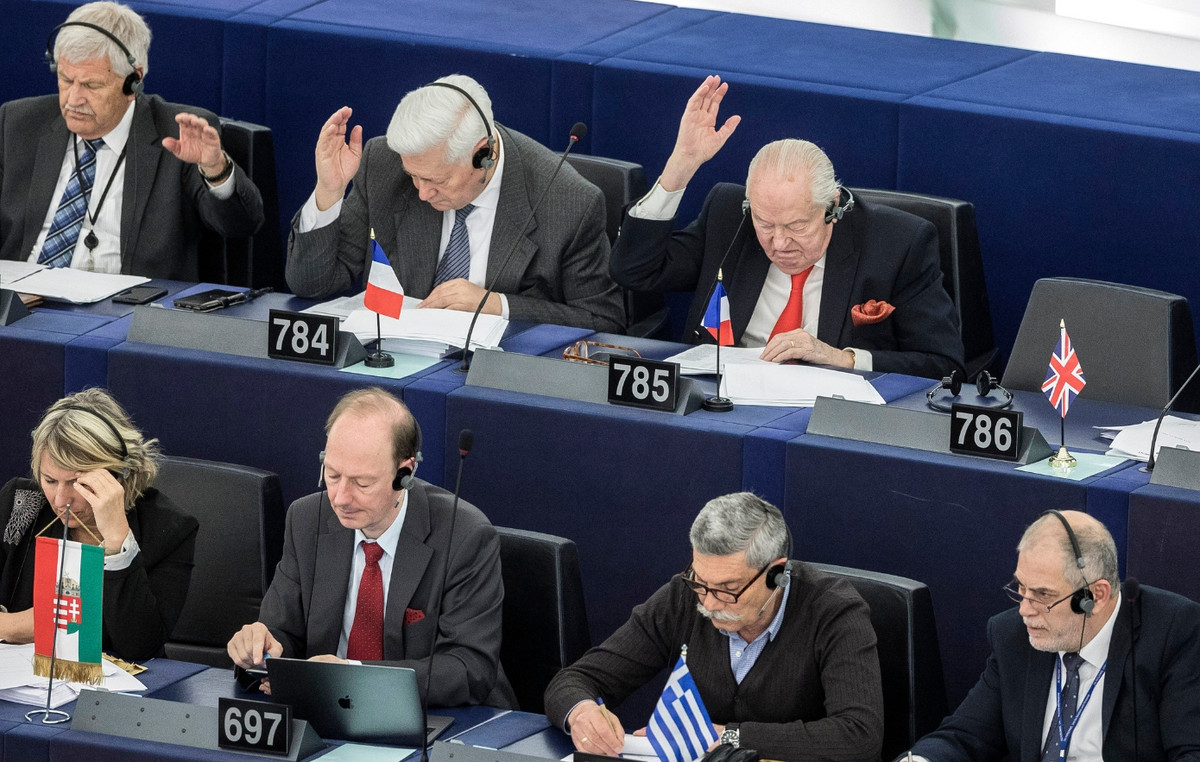The National Health Surveillance Agency (Anvisa) authorized, on Wednesday (30), the start of a new stage of the clinical trial with the vaccine against Covid-19 SpiN-Tec MCTI developed by the Federal University of Minas Gerais (UFMG).
The release was published in the Official Gazette (DOU) and places the immunizer in the penultimate phase before release to the general public. This is the first vaccine fully produced in Brazil to reach this stage.
According to Anvisa, the objective of this new phase is to obtain additional safety and immunogenicity data using the dose that presented the best performance in the first phase. For this, UFMG recruits volunteers.
“It is another milestone for the development of this vaccine, a milestone for Brazilian science, for UFMG and for the Vaccine Technology Center (CTVacinas). We are very happy that SpiN-TEC received approval to proceed”, says the coordinator of the clinical trials of the vaccine, Helton Santiago.
Criteria for participating in the recruitment of volunteers
- Be between 18 and 85 years old;
- Having received the initial doses of CoronaVac or AstraZeneca; and the booster with Pfizer or AstraZeneca before March (ie at least 6 months ago);
- Have not contracted Covid-19 or contracted the disease no later than March (that is, for at least 6 months);
- Be available to participate in face-to-face follow-ups in Belo Horizonte.
People with controlled chronic diseases (such as hypertension, diabetes and others) can also enroll. They will undergo a medical evaluation to check whether or not they can participate in clinical trials.
How will the tests
Among the registered people, CTVacinas and the Clinical Research Unit in Vaccines (UPqVac) at UFMG will screen to select the volunteers: they are 360 for phase 2.
“The selected ones will then be clinically and laboratory evaluated in a process called triage. If the person is eligible for the study, they will be asked to receive the SpiN-TEC vaccine. The person goes on the day of vaccination, performs the appropriate procedures and is observed for up to an hour. Afterwards, she is released to go home and we will monitor it for 1 year”, explains Helton Santiago.
The team running the clinical trials will periodically call the volunteers to see how they are feeling. In addition, people will make seven scheduled visits to UPqVac, at the Faculty of Medicine of UFMG, where the dose will be applied. The visits will take place:
- With 1 week after application;
- Two weeks;
- 28 days;
- 90 days (3 months);
- 180 days (6 months);
- 270 days (9 months);
- 360 days (about 1 year).
Source: CNN Brasil
I am an experienced journalist and writer with a career in the news industry. My focus is on covering Top News stories for World Stock Market, where I provide comprehensive analysis and commentary on markets around the world. I have expertise in writing both long-form articles and shorter pieces that deliver timely, relevant updates to readers.







